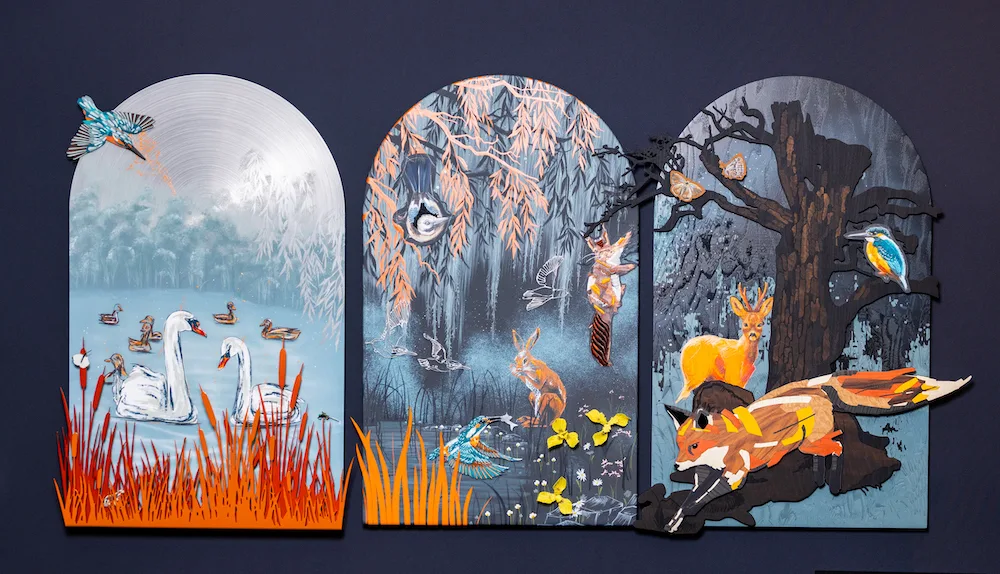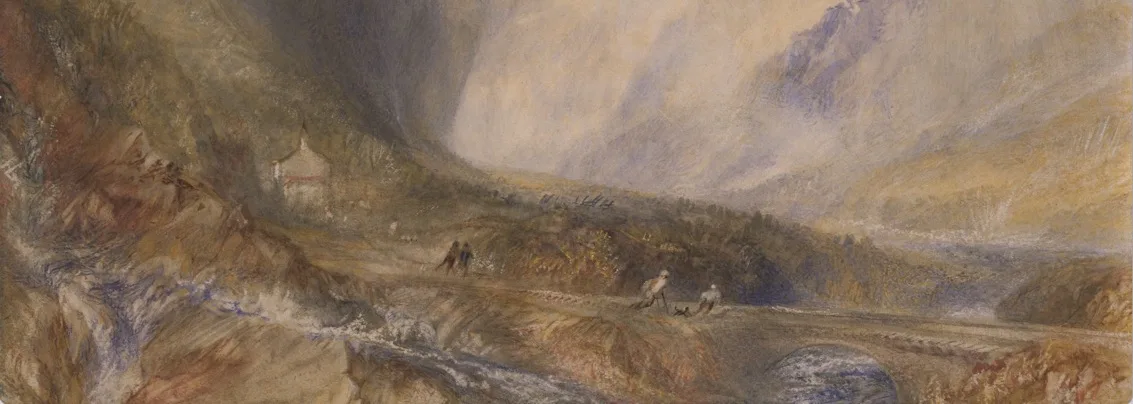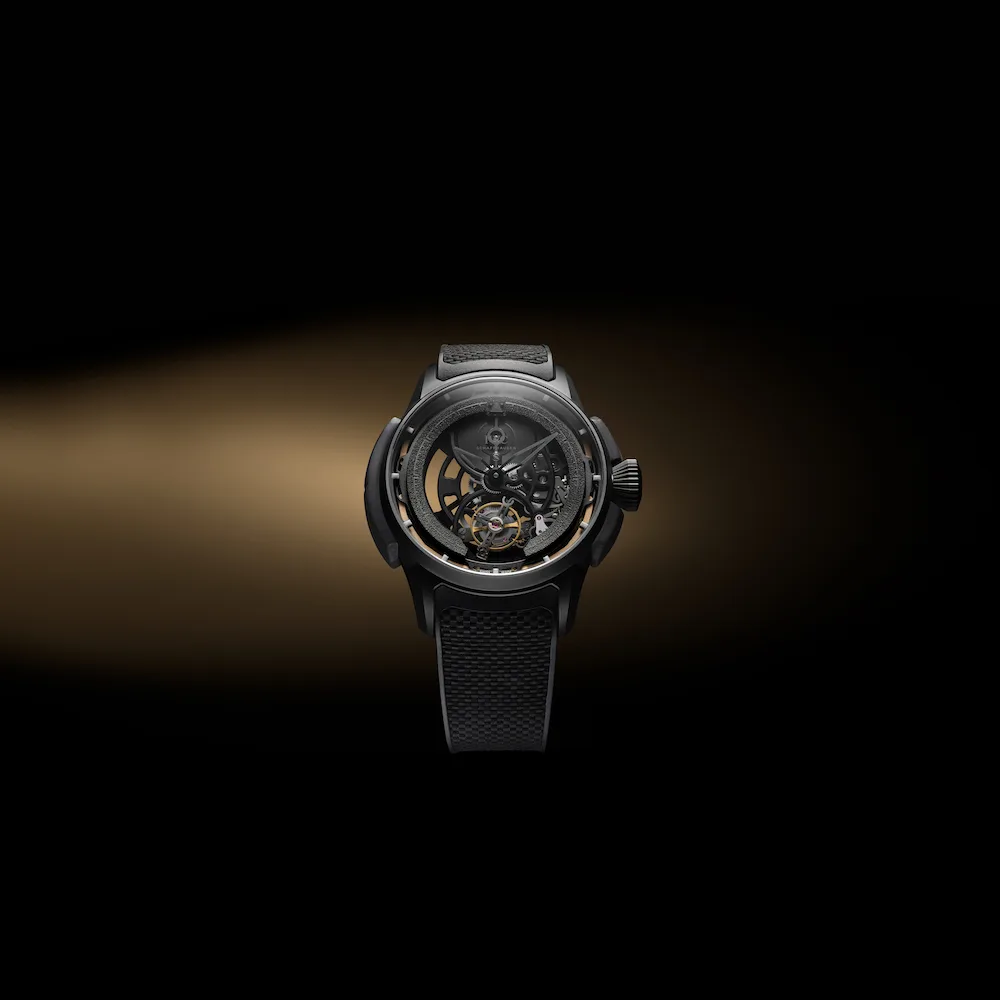Winner of the BAFTA Special Award and RTS Presenter of the Year Award for her expert coverage of the London 2012 Olympic and Paralympic Games, Clare Balding is one of Britain’s most recognizable faces in media. Leading broadcaster, best-selling author and an ardent campaigner for better coverage of women’s sport, Clare is loved across the length and breadth of the country and considered by most a national treasure.
In this interview, Clare shares with us her passion for women’s sport, equality and diversity, and suggests bold and original ways to overcome the prejudices and obstacles still affecting those in the younger generations who may consider a career in sport.
I-M: Horses have been an integral part of your life since childhood. Where does your love for other sports stem from?
C.B: My father was very competitive and he was a good all-round sportsman: he was a good rugby player, a good cricketer, not a bad tennis player, a good squash player… and he rode as an amateur jockey. He decided later in life to take on the Cresta Run in St. Moritz and threw himself down
it about six times. He was a terrible skier, genuinely dangerous on the slopes to anyone else around him. I wouldn’t say he’s brave, because I’m not sure he’s ever felt fear in his life and I think you need to feel fear and overcome it in order to be genuinely brave. I think he’s just a bit unhinged. But watching his love of adrenaline meant that if I wanted to be part of it, I had to follow him. I realized that actually it was much more fun if I was interested in the sport, learnt a bit… field- ing positions in cricket, the significance of a particular football match, understanding the rules of rugby…
To me, all sport is a living drama; it’s all happening in front of your eyes, unscripted within a certain setup, within a boundary. There are different acts or scenes, and the characters that play in them. The story will unfold in front of your eyes and you don’t know what it’s going to be. I love being the person who interprets the story. So as a presenter, broadcaster, author, or journalist, my job is to make you interested in something that you weren’t sure you understood or cared about. That’s great fun. It is part marketing, because you’re selling something and trying to grab people’s brains and more importantly, their hearts, and it is part storytelling, or certainly story interpretation.

I-M: In the past you’ve mentioned finding it hard to fit in as a kid. In our current society, dominated by the false projections from social media, should these platforms be subjected to tighter controls?
C.B: I think that certainly, anyone who threatens violence or is abusive, in terms of making reference to race, gender, sexuality, body shape… they should be stopped. This is not so difficult to work out. You have to direct change. It’s not like someone in a mask throwing something, where you can’t identify them. In these cases, the social media platforms know who they are. The chain is quite straightforward.
I believe these companies have a much, much bigger responsibility to police their users. They can do it. It’s not that complicated. The problem is that these social media companies see themselves as a portal to humankind, not responsible at all for humankind’s behaviour. Now, while it is true that they’re not responsible, they could be. I’ve done a lot of work with Google over the years; they have very high values. They want to solve some of the world’s biggest problems: find a cure for cancer, give Africa free internet access, so that all kids have access to education…
If these companies want to bring out the best in humankind, they need to help police the worst in it. That’s the balance, trying to get that right. I’m very careful and disciplined with social media. Absolutely I use it: to get my news, to gauge opinion, to have a laugh… but I am not interested at all in whether people like what I’m wearing or not; and if I’ve made a mistake, I’d be the first one to hold my hands up and say, “I’m sorry, I was wrong,” but people are pretty keen and quick to point out when you’ve made a mistake. There are so many trivial things that people get hyped up about. We need to remember that, although this kind of fire burns bright and hard, it burns out quite quickly.

I-M: You have spoken about ‘benign negligence’ on the side of your parents when you were a kid, of feeling a bit ignored. May this be a reason why nowadays kids seek refuge and sense of belonging in social media?
C.B: I think that, as human beings, we are terribly inclined to overestimate and exag- gerate our own possessions, position and profile. We dress it up in a way that there is a false selling of day-to-day life. People think that their friends have everything, that they are very happy, when actually, social media often hides a much deeper, darker side, where people are frightened to ask for help, to admit they are vulnerable, to sound unhappy.
Another problem in my opinion is that we are living in the world of the selfie, which is not just a physical act, it’s a complete distortion of reality. It’s almost as if nothing exists unless it is captured in a selfie. Selfies stop me looking at you in the eye, concentrating and most importantly, they stop me looking out at the world because I am constantly looking at myself against the foreground of the world. For example, watching the golf recently, Brooks Koepka was leading the US PGA and he had a shot into the crowd, so he had to play it from there.
Well, every single person had their phone up. When you watch a fantastic singer, at the start of the performance, when they first walk on stage, you can’t see them at all because all the cameras are up. You don’t hear applause because people can’t clap and hold their phones at the same time. That is very sad and I hope we’ll come out of this phase soon, go back to using our eyes to look at things.
I think kids are way more aware of trying to live in the present that we give them credit for. Maybe they understand more about their own psychology than we ever did. And I think they care about things. For example, I had a long conversation with my nephews and my niece about the fact that Alice and I have stopped eating red meat at home, as a way to dramatically reduce our red meat intake. It is not what red meat does to our bodies, but what it does to the planet. They understood. I think kids now are becoming more aware of changes that we all can make, and that we want to make, as a responsibility to the future. When they reach certain age, they understand the consequences of their actions.

















Show Comments +